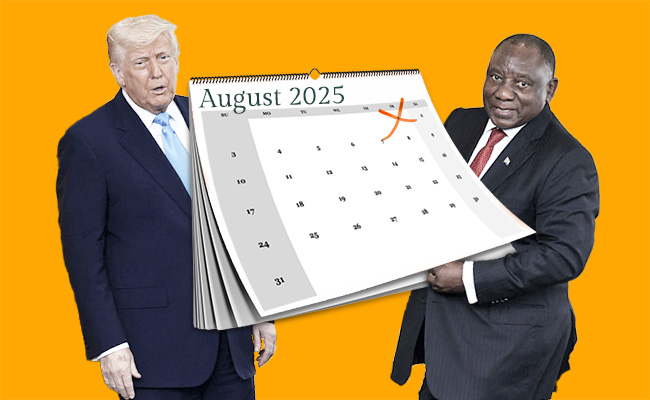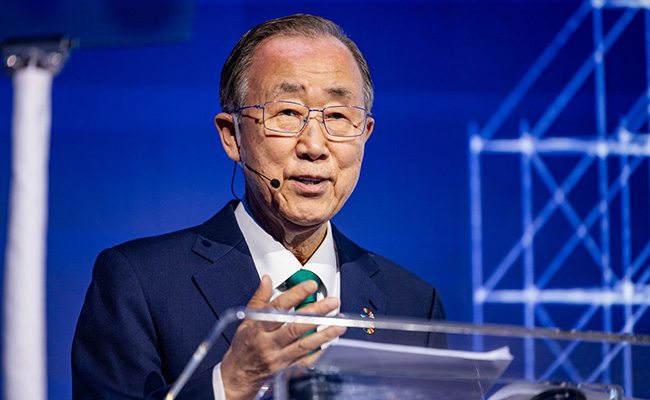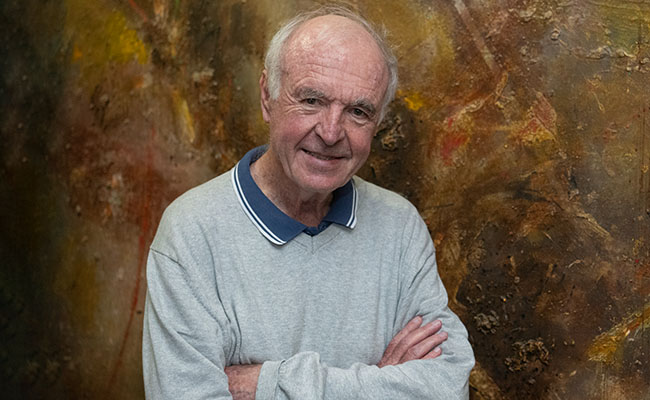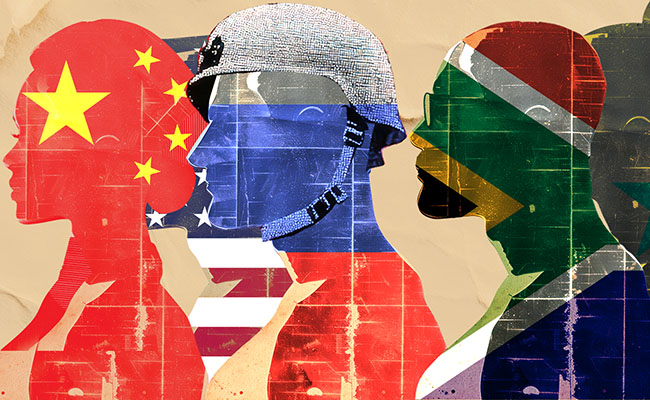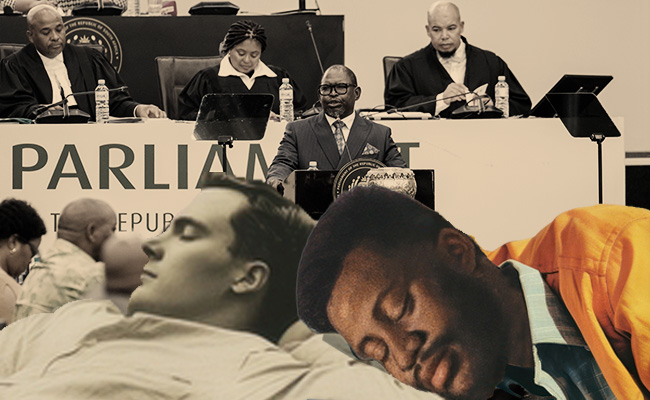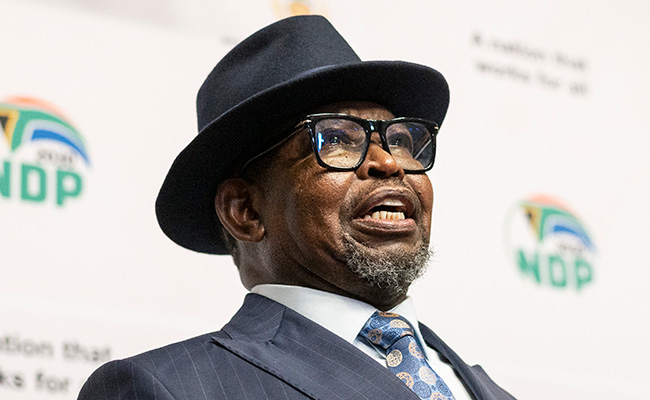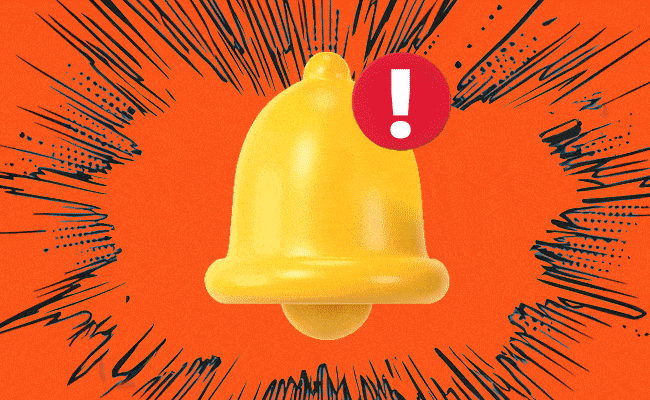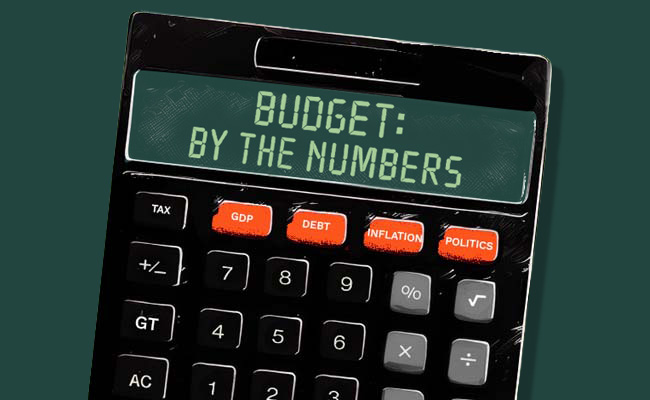South Africa’s business sector is bracing for the fallout Donald Trump’s “Liberation Day”, as the government’s last-ditch effort to strike a trade deal with the US has failed.
On Thursday night, Trump announced tariffs on 70 countries which had failed to strike a deal with the White House, and South Africa was on that list, subject to a 30% tariff on imports to the US come August 7. This seemed inevitable after trade, industry and competition minister Parks Tau warned, hours ahead of the August 1 deadline, that “we don’t” have any deal in place.
Not that the government didn’t try. It had submitted a signed proposal to the White House including an offer of R59bn ($3.3bn) in investment into the US mining and metals recycling industries, an agreement to allow imports of US poultry and blueberries, and a $12bn liquefied natural gas offer. But this wasn’t enough for the White House.
Talks went on until 11pm on Wednesday, in which US trade representatives encouraged South Africa to “resubmit our proposal, possibly an enhanced proposal” to the White House, Tau told Radio 702. “To tell the truth, it’s wait and see. And we are in the same boat as many other countries.”
Earlier in the week, Tau’s department said negotiations had reached an “impasse” and a “reset is unavoidable”, even if South Africa has “no intention of decoupling from the US” as a trade partner.
With Trump having now announced the “final” tariff on South Africa, odds of this being reversed from here seem slim.
“It doesn’t look like there will be a deal, and certainly not a deal that would move South Africa from a 30% tariff to a 10% tariff,” says Donald MacKay, founder of XA Global Trade Advisors.
Still, MacKay says this wouldn’t be the apocalypse some think.
“The truth is, a 30% tariff would only apply to a few sectors, such as fresh fruit, including table grapes and wine. This is because the automotive sector is already subject to a 25% tariff, steel and aluminium is subject to a 50% tariff, and some metals are excluded from tariffs entirely,” he said.
Excluded from the tariffs are platinum, gold, chrome and coal. These account for half of South Africa’s exports to the US, softening the blow. So, while a 30% tariff isn’t good, it wouldn’t be doomsday, as only 7% of South African exports go to the US.
The South African Reserve Bank has calculated that in the worst case – in which a 25% tariff is imposed, the country’s duty-free access to America under the African Growth and Opportunity Act ends, and the rand falls 15% against the dollar – the country’s GDP growth would be reduced by 0.69%.
Nonetheless, says MacKay, “you’d have wanted the government to show a bit more urgency in negotiating with the US, and we haven’t really seen that”.
In particular, he says, officials should have spent more time drawing-up mitigation plans with the most vulnerable industries, like the fresh produce sector.
BEE sting
Prospects for a breakthrough in trade talks dimmed earlier in the week when Trump told reporters on Air Force One that he would probably skip the G20 leaders’ summit in Joburg in November “because I’ve had a lot of problems with South Africa”.
Trump cited the country’s “very bad policies”, in which “a lot of people are being killed”, though presumably he was speaking about the runaway crime rate.
But a major sticking point in the trade talks, it emerged this week, has been the government’s policy of BEE. This stole headlines earlier this year, when Elon Musk’s Starlink raised heated objections to the requirement that it had to have 30% Black ownership to qualify for a local telecoms licence.
Zane Dangor, the director-general of the department of international relations and co-operation, told a forum in Sandton this week that US negotiators “are quite clear there were certain things they expect from South Africa, and BEE was high on the agenda”.
Dangor said it “worried” the South African team that US trade negotiators were trying to overstep on this score, interfering in a way that would effectively curtail the country’s sovereignty to implement economic policies.
MacKay agrees, saying you cannot have a situation where Trump tries to dictate domestic policies in exchange for trade concessions.
“I’m no great fan of how BEE has been implemented, but you can’t have that policy dictated out of the US,” he says. “No government would allow that, so that appears to be a non-starter.”
It remains possible, however, that Trump may be willing to negotiate that 30% down, despite last night’s announcement.
Lesetja Kganyago, governor of the Reserve Bank, said yesterday that the US has repeatedly shifted the goal posts in recent months. “There are so many deals that must still be entered into [between the US and many other countries]. You can’t tell which way it will ultimately go,” he said.
Kevin Lings, chief economist for Stanlib, said he expects, at this point, that tariffs will probably settle at about 30%. Speaking on television channel eNCA, Lings said he believes there would be “room to negotiate” beyond this week, given that so few countries have struck tariff deals.
“What we’ve got to do very urgently is to get an announcement from government of some sort of support mechanism [for] those companies directly impacted by these tariffs. It’s not their fault that tariffs are in place, but it’ll definitely hurt their business,” he said.
Anxiety on the farms
While tariffs might not bring South Africa’s entire economy to its knees, in the same way it would decimate that of Lesotho, which relies heavily on garment exports, it would nonetheless do serious damage to particular industries. (Lesotho, initially threatened with a crippling 50% tariff, got a reprieve, with its tariff reduced to 15%.)
The Citrus Growers’ Association (CGA), for instance, sent a letter to President Cyril Ramaphosa last week, calling for him to “urgently facilitate an extension” of the current 10% tariff, or try to get an exemption for fresh produce.
“It is not easy to simply divert citrus from the US and find a new market,” the letter said. “Should some citrus be diverted away from the US, the diversion could very well depress the price in these markets through oversupply, negatively impacting the entire Southern African citrus industry.”
Last year, the US imported about 7-million cartons of citrus from the Northern and Western Cape, worth R2bn. While that doesn’t sound immense, the CGA says slashing those exports would cause havoc in those provinces, in which citrus farming “forms the economic heart” of those rural communities.
“The social fabric of some rural towns in the Western and Northern Cape is being threatened,” says farmer Gerrit van der Merwe.
CGA CEO Boitshoko Ntshabele said this week that his organisation is “still waiting” for clarity. He said the organisation “won’t be saying anything until something comes out of the US”.
Like many others, he is evidently hoping “Taco Trump” lives up to the nickname he recently acquired, and chickens out of implementing the full 30% tariff he announced this week. At this point, the odds of this happening seem slim.
Top image: Donald Trump and Cyril Ramaphosa. Picture: Alex Wong/Getty Images; Rawpixel/Currency collage.
Sign up to Currency’s weekly newsletters to receive your own bulletin of weekday news and weekend treats. Register here.


